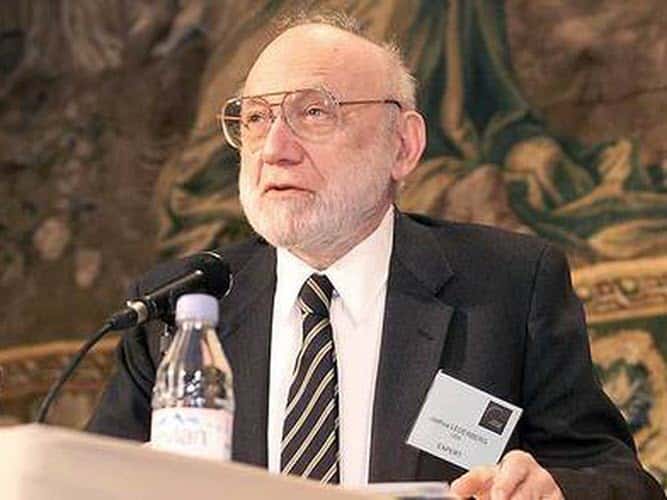Joshua Lederberg: Pioneer of Molecular Biology and Genetic Engineering

Joshua Lederberg (23 May 1925 – 2 February 2008) was a renowned American molecular biologist and geneticist. He made significant contributions to the field of genetics and microbiology, particularly in the study of bacteria and their genetic processes. In 1958, he was awarded the Nobel Prize in Physiology or Medicine.
Life and Career
Joshua Lederberg was born on 23 May 1925, in Montclair, New Jersey, United States. He attended Columbia University, where he earned his bachelor’s degree in zoology in 1944. He then pursued a Ph.D. in microbiology from Yale University, which he completed in 1948. During his graduate studies, Lederberg made significant discoveries related to the genetics of bacteria, setting the stage for his future contributions to the field.
After completing his Ph.D., he joined the faculty at the University of Wisconsin-Madison in 1948. It was there that he conducted groundbreaking research on bacterial genetics, including the discovery of genetic recombination in bacteria. This work earned him the Nobel Prize in Physiology or Medicine in 1958 when he was just 33 years old, making him the youngest recipient of the award in that category at the time.
His research also included the study of antibiotic resistance in bacteria and the development of techniques for the study of microbial genetics. He played a crucial role in the understanding of bacterial conjugation, the process by which genetic material is transferred between bacteria.
In addition to his scientific work, Lederberg was involved in various scientific organizations and served as a scientific advisor to the U.S. government. He also held academic positions at institutions such as Stanford University and Rockefeller University. Joshua Lederberg passed away on 2 February 2008, in New York City, at the age of 82.
Award and Legacy
In 1958, he was awarded the Nobel Prize in Physiology or Medicine. Lederberg was honored with several other prestigious awards including the Presidential Medal of Science (1989), the National Medal of Science (1989), and the Thomas Hunt Morgan Medal (1993).
His discoveries and contributions laid the foundation for modern bacterial genetics and greatly advanced our understanding of genetic processes. Lederberg’s work on bacterial conjugation and genetic recombination continues to be fundamental in the study of genetics and has practical applications in fields such as medicine and biotechnology.
His legacy extends to his role as an educator and mentor. He trained and inspired numerous scientists who went on to make their own significant contributions to the field of genetics.
Observer Voice is the one stop site for National, International news, Sports, Editor’s Choice, Art/culture contents, Quotes and much more. We also cover historical contents. Historical contents includes World History, Indian History, and what happened today. The website also covers Entertainment across the India and World.

